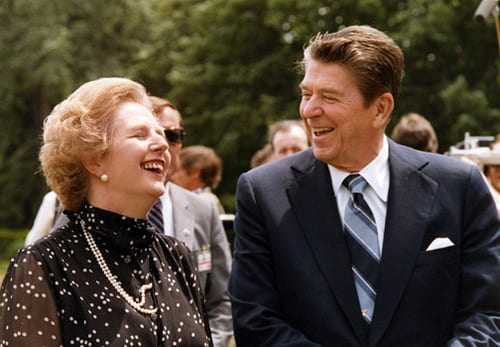Should young children use technology in school? Lessons from South Korea
By IOE Blog Editor, on 17 December 2024

Credit: jamesteohart via Adobe Stock.
17 December 2024
By Rachael Levy and Jennifer Chung
‘Technology is bad for kids!’ This statement has become something of a slogan in recent years with parents, teachers, educationalists and health workers, among others, raising the alarm about the ways in which technology is deemed to be damaging children. You may have seen the recent Channel 4 programme ‘Swiped’, which removed smartphones from children in an attempt to improve child well-being. Recurring themes include concerns about harmful online content, cyberbullying and screen addiction, often resulting in the call for all children, especially young children, to be protected from the digital world as much as possible.
However, the world we live in is digital. To take the example of literacy, we know that learning to read now includes developing skills to make sense of screen texts, and learning to write now includes learning to code using programming languages. This raises challenging questions for the field of early childhood education, particularly in relation to potential tensions between the desire to offer children opportunities to develop the digital literacy skills needed to succeed in the future and the desire for them to avoid the harmful effects of technology. (more…)
 Close
Close







